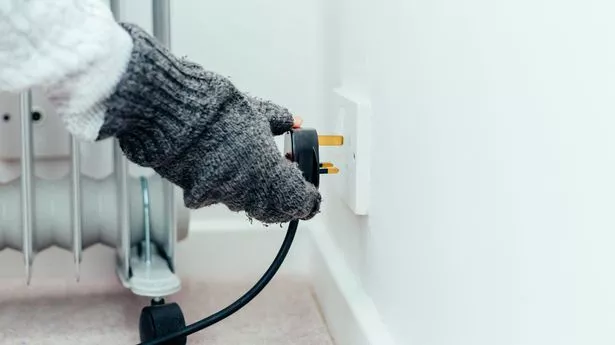There is a simple way to save money that requires you to do nothing.
According to the Martin Lewis' Money Saving Expert website, you can save about £45 a year by turning off your appliances at the plug when you are not using them. British Gas has previously said that chargers and appliances still use electricity when they are left in the sockets. When your devices draw a small amount of power when not in use it is called 'vampire power'.
The blog post reads: "British Gas says that chargers and appliances will still use electricity when left in sockets – so it's important to turn them off at the plug when you're not using them. "A lot of devices, such as game consoles, laptops and TVs, draw small amounts of power when not in use but still plugged in and turned on at the socket. This is sometimes known as 'vampire power'. You can easily avoid using this standby power by switching devices off at the wall.
"The Energy Saving Trust says you can save about £45 a year by turning off your appliances at the plug when you're not using them. However, it's EU law that TVs and other devices made since 2013 can't use more than 0.5 watts in standby mode. To show the scale of it, a TV left on standby for 20 hours a day would cost about 80p a year. So while you may not save as much as the Energy Saving Trust says, it can still be worth doing – all devices will still use a small amount of power, and this can add up."
Another way to save money on your bills is to just use clingfilm. The Centre for Sustainable Energy suggests covering windows with a thin transparent plastic film, which looks like clingfilm, and you can install it yourself. The blog entry on the Money Saving Expert website reads: "It's cheap and simple, and by putting a sheet of specifically designed film (or good old fashioned clingfilm) on each of your windows, you trap a small layer of air, which can help to stop heat from escaping. The key to adding a second layer of 'glazing' is that it's transparent and airtight."
However, the blog post warns you may not notice much of a difference if you have single-glazed windows. It adds: " Ideally, you'd want to install specialist secondary glazing as it'll last longer. If you have double glazing, adding a third layer could make you a little warmer, but the benefit will be much less noticeable than with a single-glazed window. If your windows are draughty, it's worth fixing that as well as adding secondary glazing, or you'll only get half the benefit."
